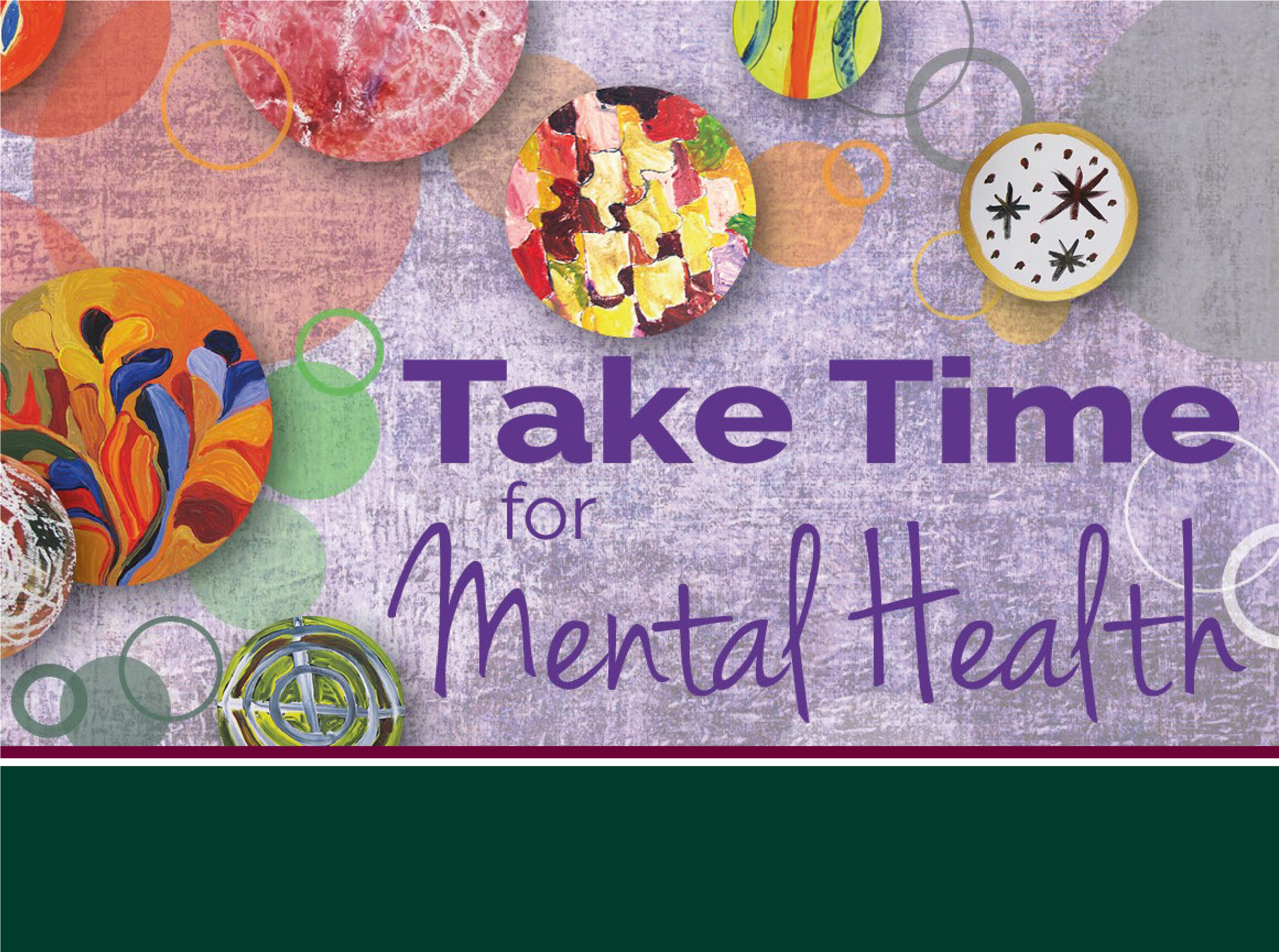Guidance Counsellor

Jana Aksamitova
Guidance Counsellor
HELPING YOUR CHILD TO DEVELOP INNER RESILIENCE
FRIENDSHIP CONFLICTS AND CONFLICT RESOLUTION STRATEGIES
Inner strength is the ability to cope with stressful situations. Students and teachers often refer to it as ‘resilience’. Building inner strength is important as it helps your child to face problems, accept change, feel confident when meeting new people, stand up to peer pressure and maintain an optimistic outlook about life.
Children can often surprise us with how resilient they are. As parents we can help our children and teenagers to grow stronger and develop emotional intelligence. Parents will not be able to remove all challenges and difficulties that young people face throughout their childhood and teenage years. Challenges and difficulties are an opportunity to develop the skills required to cope with stress and adversity. Parents can support young people to develop resilience through discussion, modelling and teaching to develop the life skills to manage conflict, difficulties, and challenges. Compassion for self and others is critical in maintaining positive relationships and mental wellbeing.
Useful strategies to consider:
- Spend one-on-one time with your child without any distractions:resilience develops from strong relationships. Children need to feel nurtured and safe, especially through tough times. A child which has a strong and supportive relationship with their parents will seek guidance, help and advice when stressed or challenged. It is the quality that counts. For example, thirty minutes of full attention, no distractions, no tablets, or phones is better than two hours when one’s mind is elsewhere. One-on-one time does not have to be scheduled out of an already busy schedule. Dinner time, preparing meals, chatting, and listening while you are driving with your child home will help your child to open up and feel safe.
- Quality sleep improves inner strength: yes, it does. Newborn children and toddlers need a regular sleeping routine This is same for older children and teenagers. Children who are struggling to get to and stay sleep, wake up tired and moody. A lack of quality sleep increases vulnerability and stress levels. It negatively affects memory and concentration, cognitive thinking, and decision-making. One of the fastest way to improve sleep is to limit our on screen devices. A household routine that bans devices at least 1.5 - 2 hours before bedtime can be a very effective strategy. Spending this time with your children, playing board games, talking about your day, listening to audio book together will help you and your child to develop a strong bond and regulate melatonin production for a healthy sleep cycle.
- Model gratitude and talk about different scenarios with your child: Help your child to find positives in their every-day chores and activities. Asking questions like: “What made you happy today?” or “What did you do to make someone else happy?” will teach your child kindness, gratitude for what they have, and develop an optimistic outlook. If your child experiences friendship challenges or needs to resolve a conflict, help your child to talk about it with you. Listen actively and help your child to learn perspective taking. Perspective taking is the ability to consider how someone else may think or feel about something. For children to be successful they must have some understanding of others’ thoughts, feelings, motivations, and intentions. They must have the ability to look beyond their own point of view. You can help your child to practice this skill through scenario play. Children who lack the ability to understand the perspective others may be viewed as rude or unkind by their peers. Additionally, these children may have difficulties initiating, creating and maintaining friendships, participating in teams or being a member of friendship group.
- Helping your child to recognize their mistakes as experiences, not failures: Assist your child to view their mistakes as opportunities to learn and grow. This can be done by setting and evaluating realistic expectations. Communicate to your child that mistakes are expected and normal part of the learning curve. Allow your child to contribute to this process by helping them to understand that they need to take responsibility for their choices, teach them to develop their own plan of action with your guidance, and different solutions for the challenging situations and conflicts that will occur in the developing years and later in life. Persistence and resilience are critical to lifelong learning and emotional growth and development.
If you are interested in exploring this topic further, or to get extra information, refer to the following website links:
https://raisingchildren.net.au/

